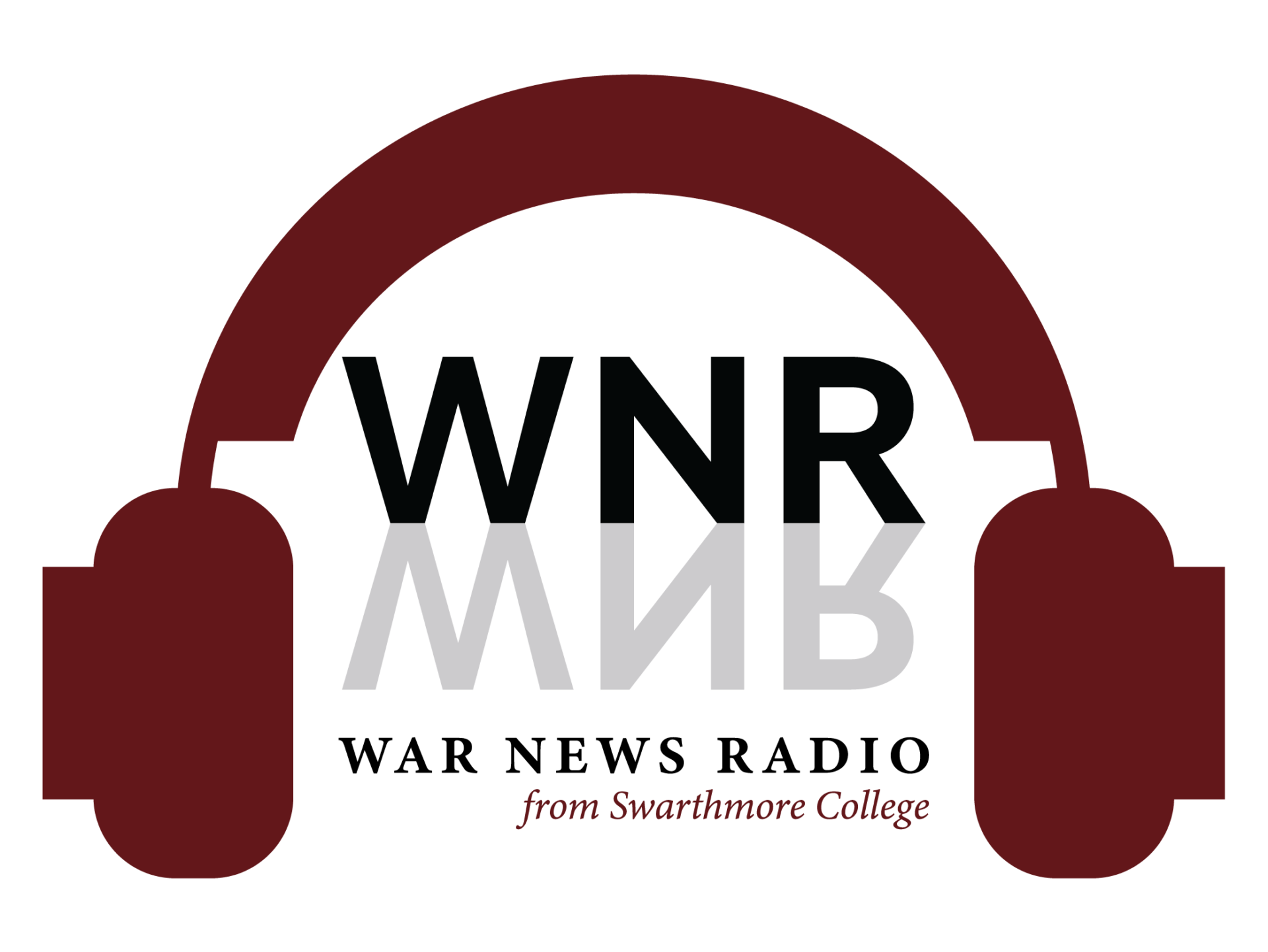IAEA returns from Tehran empty-handed
The diplomatic options are narrowing on Iran after failure of second UN mission
There is no ambiguity about the failure of latest UN mission to Iran. Statements by the International Atomic Energy Agency (IAEA) are normally studies in blandness, giving nothing away. The lines the agency put out at 1am Vienna time, however, reflected deep frustration at the lack of progress produced by two missions to Tehran within a month. This is what it says:
A senior IAEA expert team is returning from Iran after two days of discussions with Iranian officials held on 20 and 21 February 2012. The meeting followed previous discussions held on 29 to 31 January 2012.
During both the first and second round of discussions, the Agency team requested access to the military site at Parchin. Iran did not grant permission for this visit to take place.
Intensive efforts were made to reach agreement on a document facilitating the clarification of unresolved issues in connection with Iran’s nuclear programme, particularly those relating to possible military dimensions. Unfortunately, agreement was not reached on this document.
“It is disappointing that Iran did not accept our request to visit Parchin during the first or second meetings,” IAEA Director General Yukiya Amano said. “We engaged in a constructive spirit, but no agreement was reached.”
The emphasis put on Parchin is particularly striking. In the last agency report on the Iranian nuclear programme, the inspectors raise particular questions about Parchin, and cite evidence of a steel vessel said to have been used for explosives testing of the type necessary to build a warhead. There had been previous IAEA visits to Parchin which had turned up nothing, but supposedly this vessel was on a different part of a sprawling facility and the inspectors wanted to have another look.
It seems that Herman Naeckerts, the IAEA deputy director general and head of the safeguards department who led the mission, decided to make Parchin the main litmus test for success, and he was thoroughly rebuffed. Speaking at Vienna airport this morning he said his team “could not find a way forward”. This from a man who declared the January visit “a good trip”, although it later became clear that he had got nowhere.
As Naeckaerts’ team was flying home, Iran’s Supreme Leader, Ali Khamenei held an unusual meeting with nuclear scientists and repeated the substance of his fatwa against nuclear weapons, declaring:
We are not seeking nuclear weapons because the Islamic Republic of Iran considers possession of nuclear weapons a sin … and believes that holding such weapons is useless, harmful and dangerous.
The Islamic Republic of Iran wants to prove to the world that possessing nuclear weapons does not bring power and that might doesn’t come from atomic weapons. Might based on nuclear weapons can be defeated and the Iranian nation will do this.
The unanswered question here is why the Iranians, under extreme pressure from all sides, did not try harder to keep talks going with the IAEA. “They didn’t even seem interested in going through the motions,” said a diplomat briefed on the trip.
This may have something to do with the fact that parliamentary, Majlis, elections are coming up in a matter of days in Iran and a highly politicised Supreme Leader did not want to appear to be bowing to foreigners on a matter of national security. If that is the case, the timing of the IAEA visits is unfortunate.
It is worth also recalling the Iraqi experience, in which a paranoid regime bristled at foreigners nosing around its military sites, even though it had no WMD. Or in the Iranian case, the regime might have something it does not want seen.
Either way, there seems little doubt that the new IAEA report on Iran, due to be distributed to member states on Friday, will be damning, and that could complicate hopes of a resumption of broader talks with the P5+1 group of powers in March.
The Iranian nuclear crisis has been on a downward spiral a long time now, and the agreement on this IAEA mission was a very rare bright spot on a dark diplomatic landscape. That seems now to have been well and truly extinguished.
from Julian Borger
via http://www.guardian.co.uk/world/julian-borger-global-security-blog/2012/feb/22/iran-iaea-nuclear
